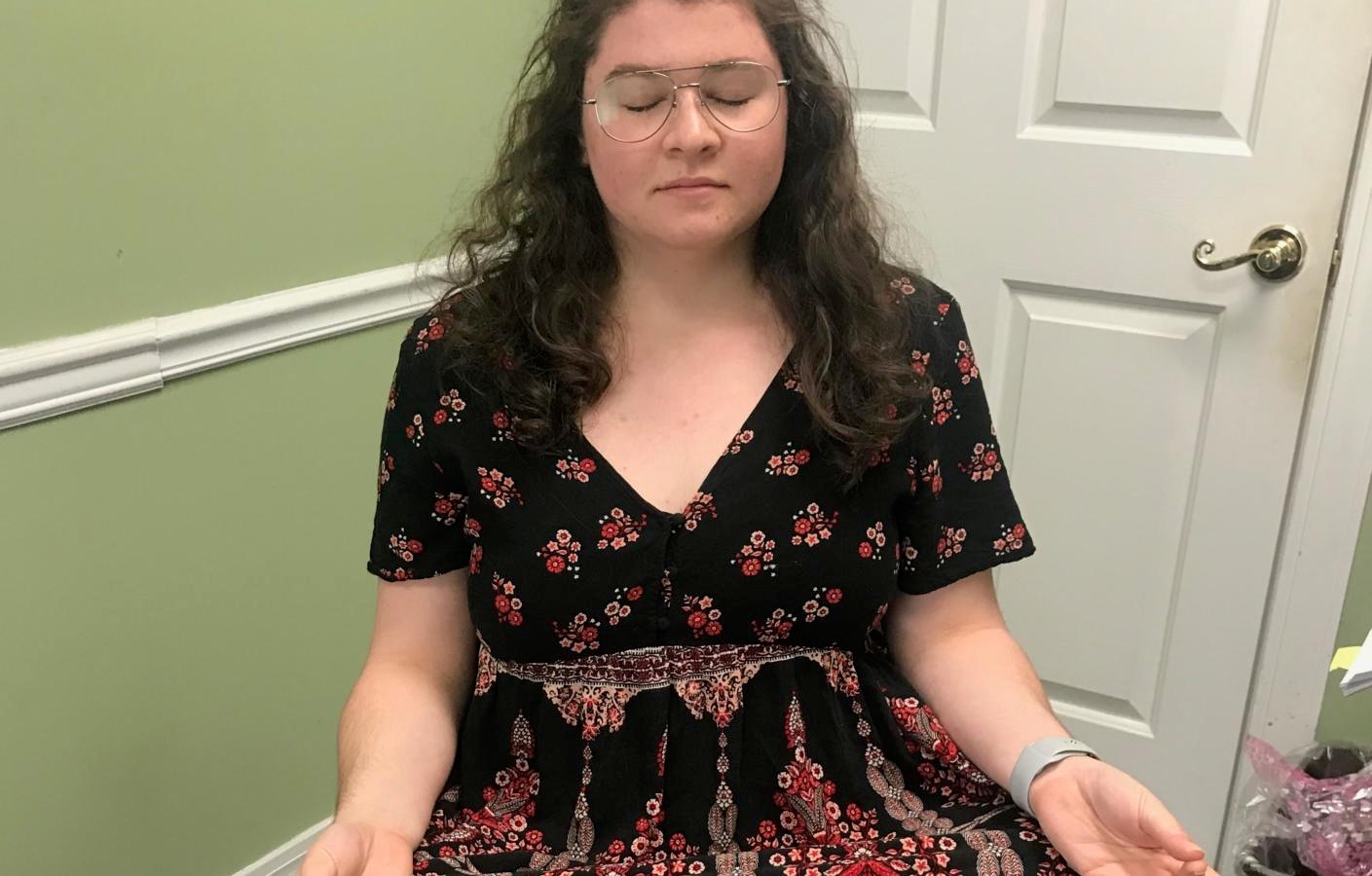Each breath is opportunity for a new beginning. Take a deep breath in, two, three… and out, two, three…
Your life can change because of this new breath. This idea isn’t just mindful and meditative, it’s also Jewish. In fact, the Hebrew word for “breath” is the same as the Hebrew word for “soul”—neshama. Focusing on breathing truly is focusing on our whole being.
Breath and breathing are inevitable parts of human existence. Sometimes when you overthink what comes naturally, you become uncomfortable. When we let anxiety and worry overcome us, we become uncomfortable with the challenges of everyday life. Our breath may become “hard to catch.” The simplicity of mindful breathing can be a tool in combating the suffering brought on by worry.
Apprehension and anxiety regarding change can leave you feeling weak and vulnerable. Michael Pollan, professor at Harvard University and at the UC-Berkeley Graduate School of Journalism, studied anxiety and mental health and reported that constantly worrying about things endlessly does not actually yield a better turn out. When we spend time in constant uncertainty, we often lose focus on what is truly important. Letting go of the worry and focusing on mindful habits ensure that the life you live is productive and healthy. Mindful habits can be anything from taking a moment to breath, to taking time out to engage in a regimented practice.
Next time you are feeling anxious or stressed about the challenges life throws your way, try employing the “ABCDs of CBT.” Cognitive Behavioral Therapy is based on the assumption that how we think dictates how we feel.
- A is the “Activating event” is the root cause of what you are feeling. For example, if you are feeling anxious about a presentation that is coming up at work the activating event is the presentation.
- “B” is for the belief that results from your activating event. If you are worried about a presentation, the belief could be that you will mess up or misspeak.
- “C” is for the consequences you fear as a result of, say, doing the presentation poorly. Consequences could be any thoughts such as that you will not be taken seriously at work anymore, or worse you will lose your position.
- “D,” or dispute, is what I find to be the most critical component of the “ABCD” method. Disputing what you think will happen is a great way to have a mindful moment before you let yourself spiral into a negative headspace. Giving yourself the change to point out why you are feeling a certain way and then actively disputing it is great way to mindfully make changes in your life.
Need more? Yael Shy, Senior Director of Global Spiritual Life at NYU, writes in her book What Now? Meditation for Your Twenties and Beyond the following freeing phrase: “You aren’t crazy and you aren’t alone”. The book covers the author’s own struggles with anxiety and depression, while also guiding the reader through tactics they can employ to better their everyday lives. Shy writes that our hearts are like homes, and all feelings are guests that should be welcomed. Our emotions often come and go without the approval of our minds, and our hearts must provide hospitality until we are ready to release them from our grasp. Embracing change, and letting in pain and struggle honestly, makes us stronger. Reflection and meditation are key in assuring that our unwanted spiritual houseguests do not overstay their welcome.
When we grapple with life’s everyday challenges may we see the strength that these hurdles can bring us. The challenges we face and the stress we encounter are no match for our breath. Breathe in, and then breathe out a new beginning.




